Publications
Articles, publications, books, tools and multimedia features from the U.S. Institute of Peace provide the latest news, analysis, research findings, practitioner guides and reports, all related to the conflict zones and issues that are at the center of the Institute’s work to prevent and reduce violent conflict.
Question And Answer
Amid a Changing Global Order, NATO Looks East

For Peace in Africa, Boost Regional Blocs — Like West Africa’s ECOWAS
As the United States and international partners work to stabilize Africa’s Sahel region — and to prevent its warfare, violent extremism and armed coups from metastasizing into Africa’s densely populous and strategic Atlantic coast — the West African multinational bloc, ECOWAS, has proven its value in resolving crises and promoting stability. Yet, as global security threats have evolved, ECOWAS, like other multinational bodies, needs updated capacities to meet new challenges. International democracies’ most effective initiative to support West Africa’s stability would be to partner with West Africans to strengthen their vital regional community. A similar strategy is valid across Africa.
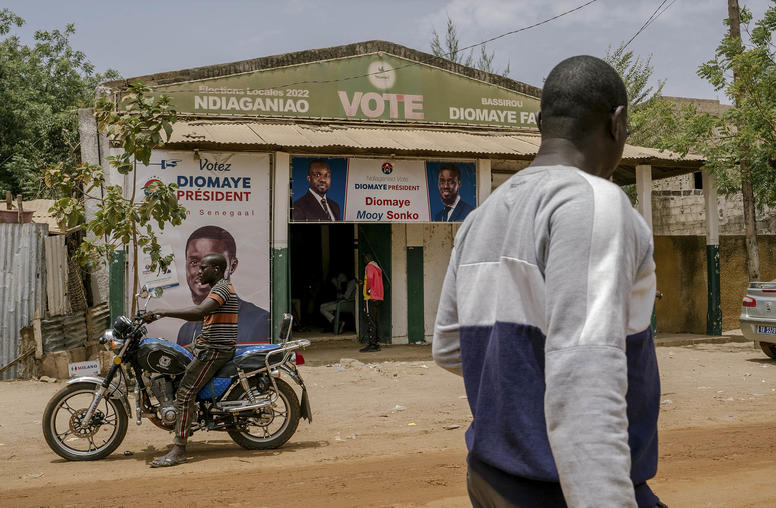
Senegal just saved its democracy. That helps all West Africa.
Senegal’s dramatic transfer of presidential power this week highlights that West Africa, routinely seen as a zone of democratic erosion and failure, includes an arc of resilient coastal democracies — from Senegal to Liberia, Ghana and Nigeria. The Senegalese people’s resolute reversal of last month’s constitutional crisis shows that U.S. and international efforts to counter violent extremism and military coups can reinforce a potent West African democratic constituency. Vital next steps include these: supporting Senegal’s democratic forces in shifting from “campaign mode” to inclusive governance; promoting economic investment to bolster youth employment and rule-of-law reforms; and energizing a West African democratic alliance against extremism and coups.
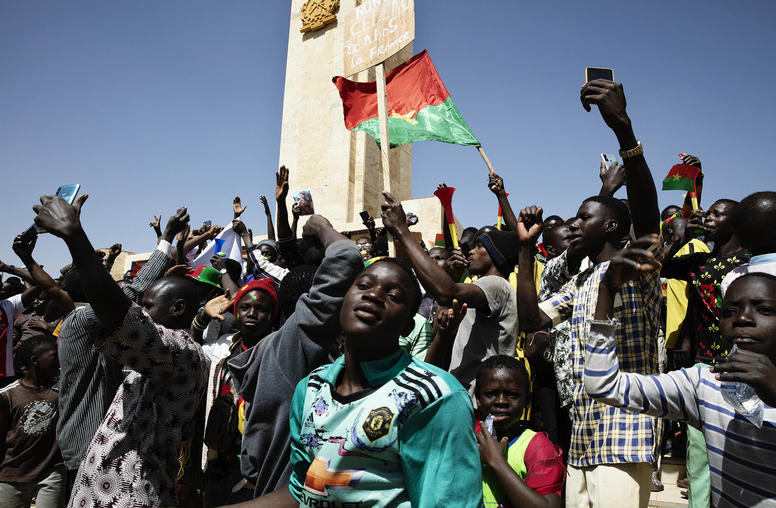
For Peace in Sahel, African and U.S. Experts Urge Focused Partnership
The past month has sharpened a decade-old question for U.S. and international policymakers: How best, in 2024, to help stabilize what is now the world’s largest single zone of military rule and violent conflicts — Africa’s Sahel region? After three military-ruled Sahel states withdrew from the West African regional community in January, those juntas last week proclaimed an alliance aimed at resisting international pressures, including those for their return to elected civilian rule. Former U.S. and African officials yesterday urged what they called vital changes in U.S. and allied policies to prevent a dangerous spread of the Sahel’s crises.
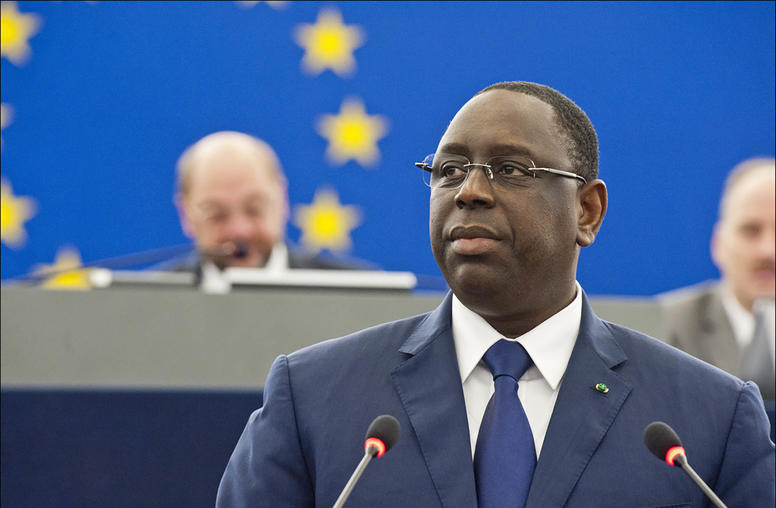
Suddenly, Senegal Is a New Risk for Democracy in Africa
The sudden actions by Senegal’s president to postpone this month’s presidential election by 10 months threaten to seriously undermine political stability and peace in a nation that has been a resilient democracy in West Africa, where multiple military coups d’état have occurred in recent years. This move poses risks of authoritarianism, violence and economic setbacks for Senegal’s 17 million people, and deeper regional insecurity. Friends of Senegal and democracy, in the United States, Africa and beyond, must unite behind the clear desire of Senegal’s people to maintain peaceful, freely elected democracy under its constitution.
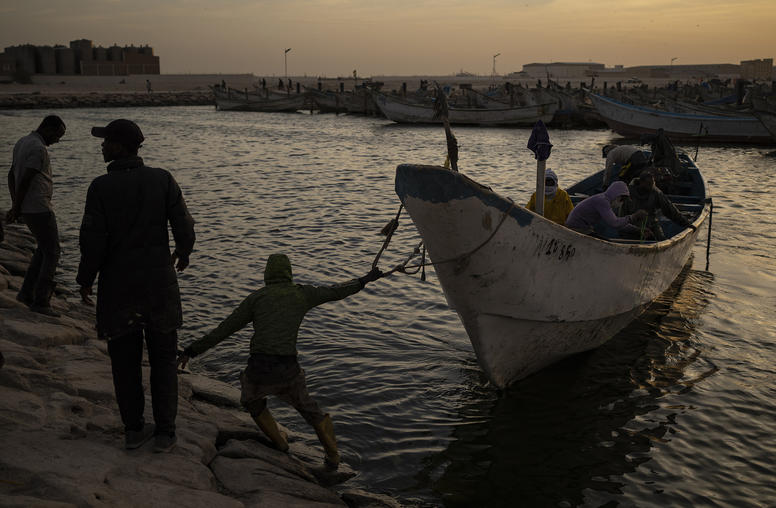
Senior Study Group for the Sahel: Final Report and Recommendations
The United States has not traditionally viewed the Sahel as a region of vital interest, whether in terms of security or from an economic or business perspective. This has led to a pattern of reactive involvement shaped by the circumstances of specific events rather than proactive commitments. This pattern reveals the lack of a comprehensive strategy for the volatile Western Sahel region, which includes Burkina Faso, Chad, Mali, Mauritania, and Niger. In April 2022, President Joe Biden announced that the US government would advance the “U.S. Strategy to Prevent Conflict and Promote Stability” in coastal West Africa by prioritizing a partnership with Benin, Côte d’Ivoire, Ghana, Guinea, and Togo.
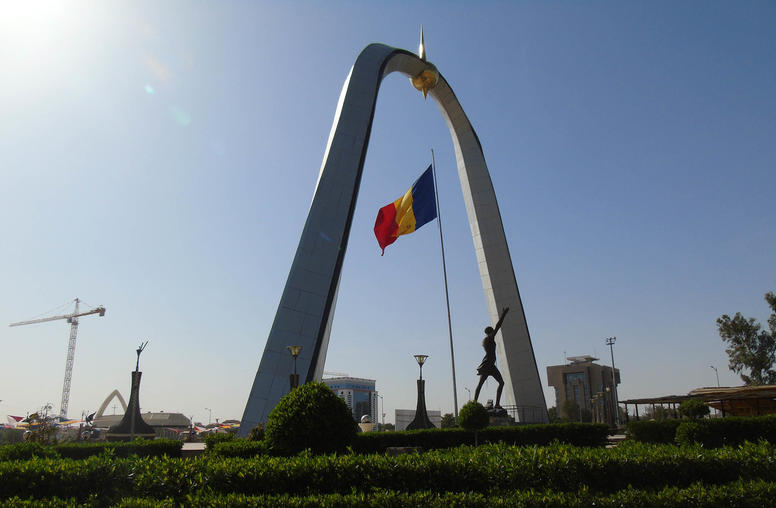
Chad’s Political Transition at an Inflection Point
On December 17, Chadians will vote in a referendum to approve a new constitution for the country nearly three years into a protracted, at times turbulent political transition process. The constitutional referendum is expected to pave the way for President Mahamat Déby to run for president in the 2024 national elections after leading the country since 2021, and adjust Chad’s system of governance to be a unitary, non-federal state with increased decentralization and territorial autonomy.

La Transition politique du Tchad à un Tournant décisif
Le 17 décembre, les Tchadiens voteront lors d'un référendum visant à approuver une nouvelle constitution pour le pays, près de trois ans après le début d'un processus de transition politique prolongé, parfois agité. On s’attend à ce que le référendum constitutionnel ouvre la voie à la candidature du Président Mahamat Déby aux élections présidentielles de 2024, après avoir dirigé le pays depuis 2021, et un ajustement du système de gouvernance tchadien vers un État unitaire non-fédéral, avec en théorie une décentralisation et autonomie territoriale plus accrue.
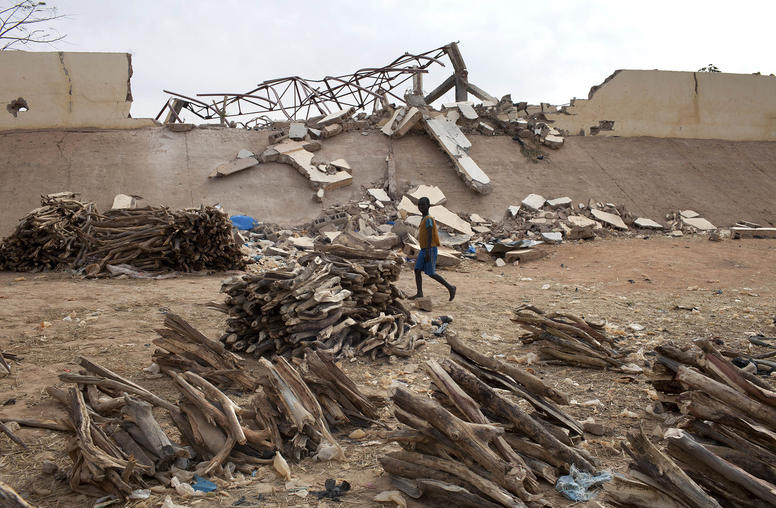
For Peace in the Sahel, Can the U.S. Work with Algeria?
Amid the Sahel region’s crises — a continent-spanning web of communal and terrorist insurgencies and eight coups d’etat since 2020 — U.S. and European attention is focused elsewhere: on Russia’s invasion of Ukraine, China’s expanding global influence and the Israel-Palestine conflict. But an opportunity to promote stabilization in the Sahel, notably in Mali and Niger, could be U.S. collaboration with Algeria. Algeria shares borders with those violence-stricken states, and also the U.S. desire to help stabilize them and their Sahel neighbors. A first question for any joint U.S-Algerian engagement is whether the two countries’ visions for Sahel stability, particularly in Mali and Niger, are aligned or contradictory.
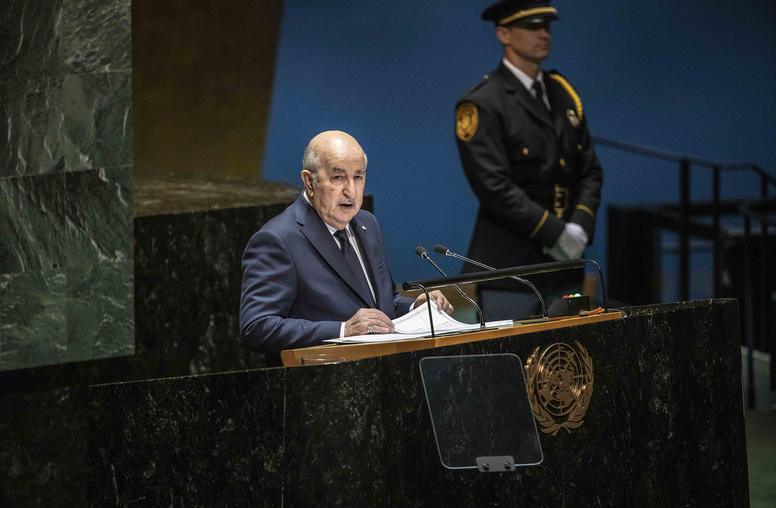
Can Algeria Help Niger Recover From Its Army Coup?
Democracies and democracy advocates should welcome this week’s tenuously hopeful sign in Algeria’s announcement that the 10-week-old military junta in Niger has accepted Algiers’ offer to mediate in a transition to civilian, constitutional rule. Still, Algeria’s government and the junta left unclear the extent of any agreement on mediation, notably disagreeing on a basic element: the duration of a transition process. Algeria can bring significant strengths to a mediating role. In stepping forward from what most often has been a cautious posture in the region, Algeria creates an opportunity that international partners should seek to strengthen.
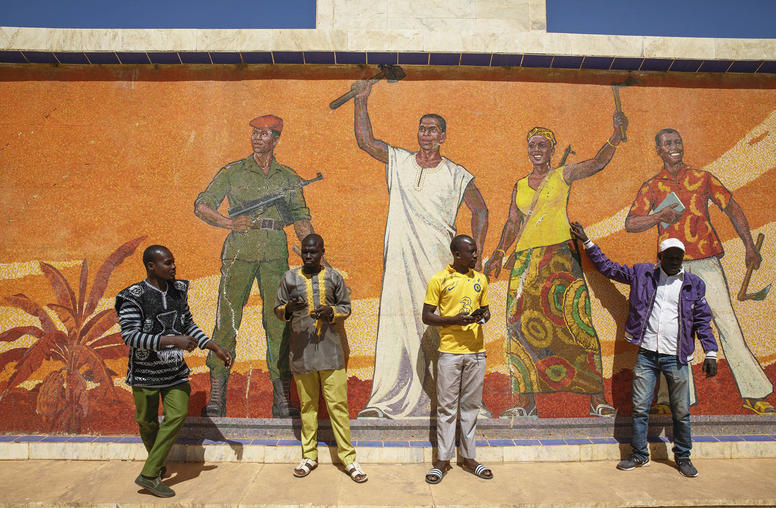
How to Respond to Niger’s Coup — and Prevent the Next One
Military officers in Niger are rushing to consolidate the power they seized 15 days ago, while West Africa’s elected governments and regional institutions are seeking ways to reverse the July 27 coup d’état. Niger’s coup seems a particular setback for democracy, completing a six-nation belt of military regimes across Africa’s Sahel region. Amid this uncertain power struggle, how can the world support Africans’ demonstrated demand for elected, democratic governance that meets their peoples’ needs? We should begin by hewing to several basic principles. One is to keep our responses to coups coherent — but not uniform. Niger’s coup is distinct; our response must be as well.